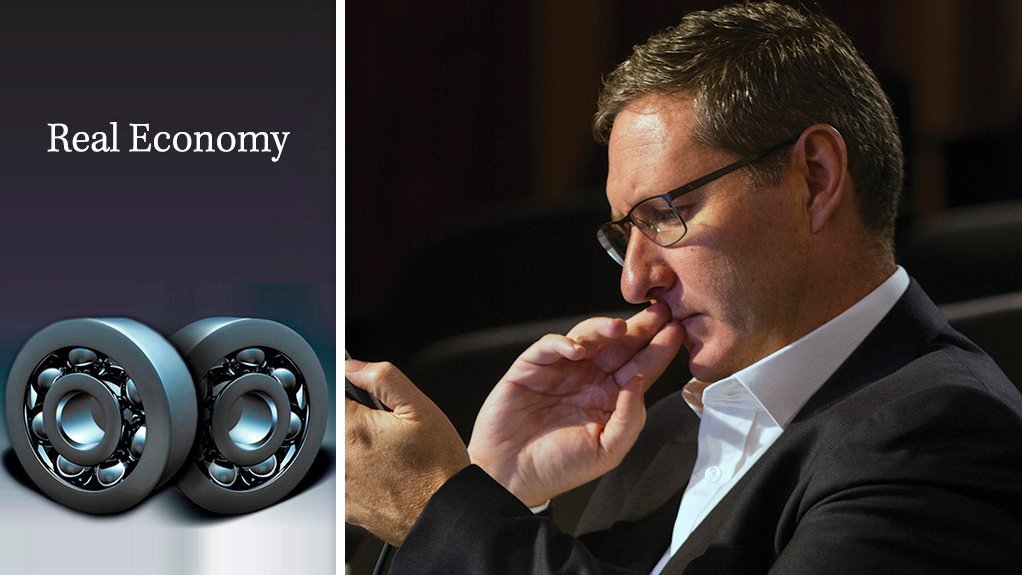The evacuation of the 12 members of the Wild Boars soccer team and their coach from a flooded cave in northern Thailand serves as a powerful reminder of just what is possible when people unite behind a common cause. Success was far from guaranteed, but the mission would have failed at the very start had it not been for the spirit of goodwill that enveloped the operation. It inspired not only the cooperation and expert planning required when undertaking such a perilous assignment but also extreme courage in the rescuers.
Without question, the mission offered something of an antidote to the constant flow of headlines highlighting a general retreat from international solidarity towards protectionism and intolerance. Indeed, news of the Tham Luang cave rescue competed for column centimetres, as well as broadcast or Web space, with renewed trade-war drumbeating, Brexit-fuelled chaos and yet more evidence of hostility towards migrants and refugees.
South Africa, once the global standard bearer for cooperation and negotiation, has likewise seemingly succumbed to the temptation of political scapegoating. Debates, on everything from land reform to energy, have taken on characteristics of trench warfare, with no quarter given. Such sectarianism is arguably to be expected in light of the fact that 2019 is an election year. Nevertheless, given the country’s dire socioeconomic predicament, the prevailing uncooperative tone remains highly problematic.
It is doubly problematic, given that cooperation, negotiation and trade-offs are precisely what is needed if South Africa is to make the most of the various summits and conferences proposed by President Cyril Ramaphosa in his February State of the Nation speech as a way of addressing the problems of low investment and high unemployment.
Preparations for one of these, the Jobs Summit, are now fully under way under the aegis of the National Economic Development and Labour Council (Nedlac). But, as with the Thai cave rescue, success is far from guaranteed, particularly given that not all labour federations are included under the Nedlac umbrella. In fact, this is a major weakness that must be addressed with vigour and urgency ahead of the actual summit. Any form of exclusion will not only undermine the goodwill required to deliver much-needed jobs but also create immediate enemies of the programmes that are agreed.
While there is still much that divides South Africa, nobody would deny that high levels of unemployment, particularly youth unemployment, pose a tremendous threat to South Africa’s future stability. Well-considered and decisive interventions are needed. However, in the absence of broad-based cooperation, very little can and will be achieved. This is because business has to make commitments and investments; labour will probably have to accept trade-offs; while government will have to deliver the leadership and policy certainty around which society can unite.
Put another way, the country’s jobs crisis has to be tackled with the same spirit of goodwill that was on such dramatic display in Thailand earlier this month.
EMAIL THIS ARTICLE SAVE THIS ARTICLE ARTICLE ENQUIRY
To subscribe email subscriptions@creamermedia.co.za or click here
To advertise email advertising@creamermedia.co.za or click here











